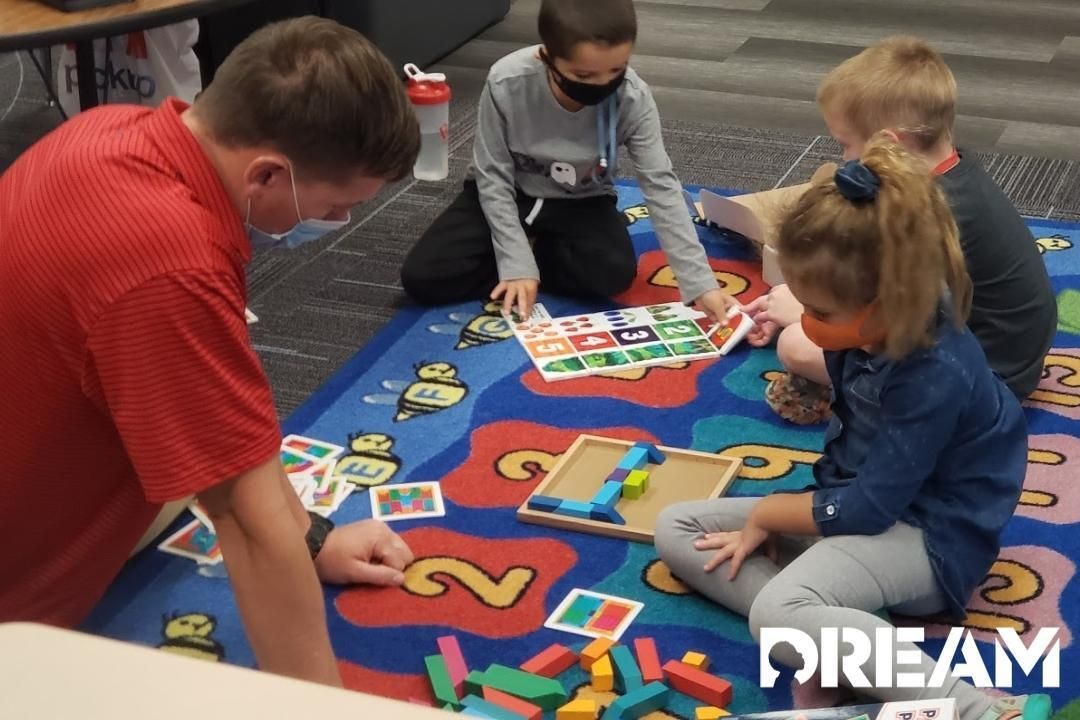
From success in school to better communication with people around them, youth mentoring programs can benefit at-risk youth in many ways. At DREAM, we offer youth mentoring programs in an effort to give at-risk youth in our community the best opportunities for success.
Here are the top five benefits for at-risk youth to participate in an after-school mentoring program.
Benefits of youth mentoring programs
Mentoring programs can help youth learn how to communicate better. Often, at-risk youth have a hard time communicating with people around them. This can be due to a variety of reasons, such as not feeling like they are being heard or not having the confidence to speak up. A youth mentor can help youth learn how to communicate effectively and feel more comfortable talking to people.
After-school programs can also create accountability for youth. When youth have someone to check in with on a regular basis, they are more likely to stay on track and meet their goals. A mentor can help youth set realistic goals and provide support as they work towards achieving them.
Programs like DREAM’s after-school program can also help youth stay on track in school. Youth who are struggling in school may benefit from having a mentor to help them with their studies and offer guidance on what classes they should take. A mentor can also provide support and encouragement outside of the classroom, which can make a big difference for at-risk youth.
A major benefit of after-school mentoring programs is providing a young person with a positive role model. Often, at-risk youth do not have someone in their life who they can look up to and admire. A mentor can fill this role and provide guidance and support that youth need to make positive choices in their own lives.
A youth mentor can provide guidance and support that can help youth develop positive relationships with adults. This is an important part of helping at-risk youth become successful adults.
Having a positive role model and mentor can also encourage you to set and achieve goals. A mentor can help youth identify their goals and create a plan to achieve them. This is an important skill for at-risk youth to learn, as it can help them in all areas of their lives.
Finally, mentoring programs can help youth feel connected to their community. For many at-risk youth, feeling like they belong is an important part of being successful in life.
If you are interested in learning more about the benefits of youth mentoring programs for at risk youth, please contact us.


